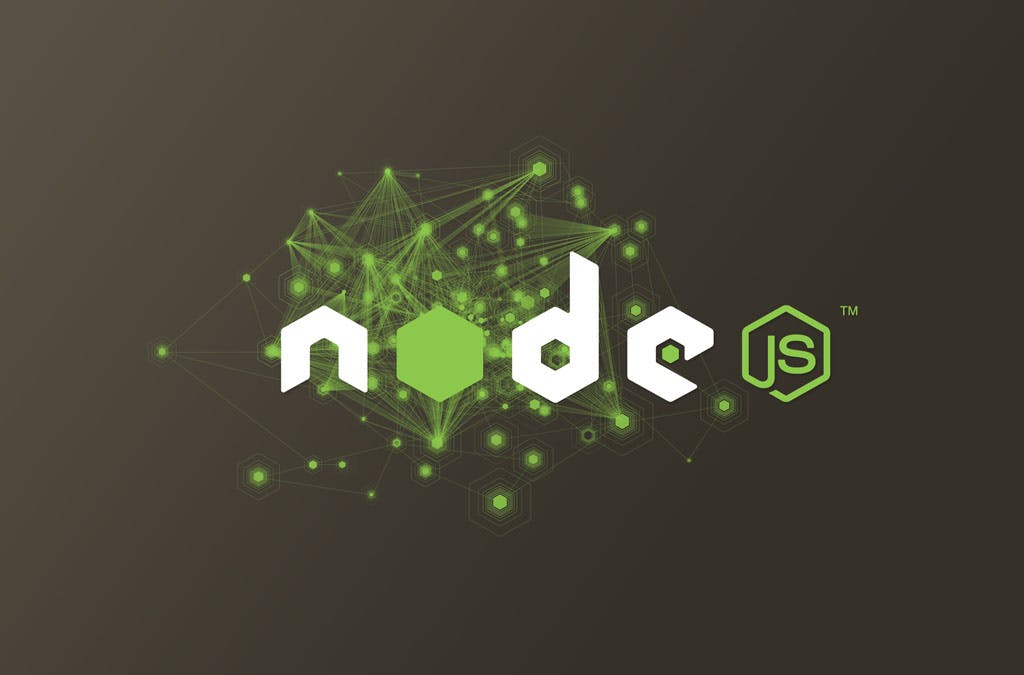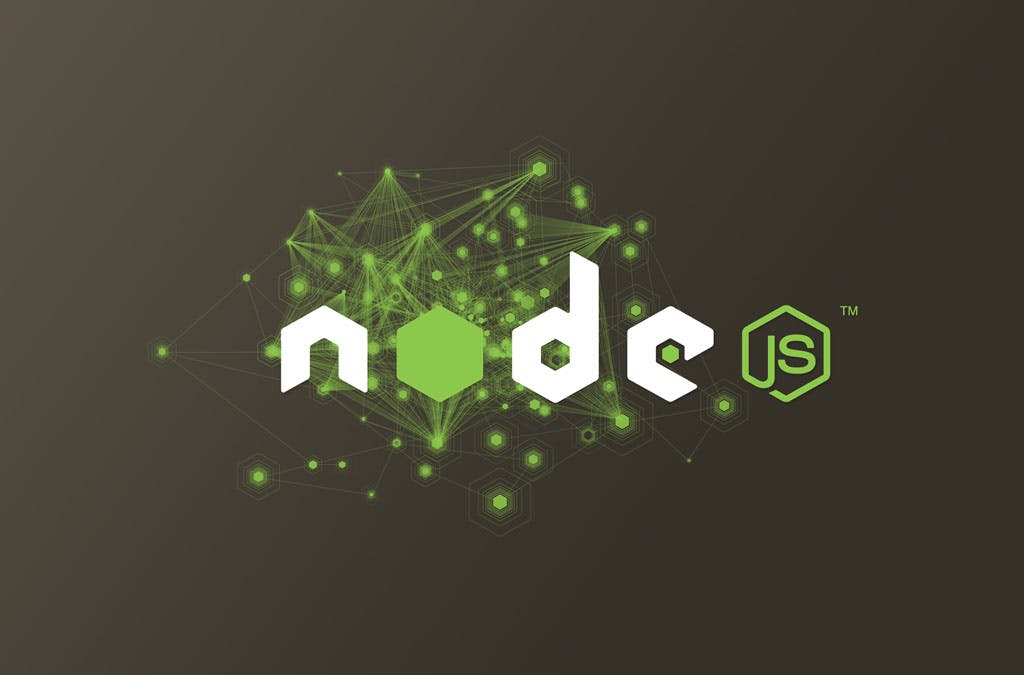Why Node JS is a Good Option for your next project

NodeJS is a JavaScript-based, asynchronous runtime environment for developing server-side applications. It uses an event-driven, non-blocking code model that makes it ideal for building real-time apps that run on the web. Because of its low levels of abstraction, NodeJS can be used to build applications that perform simple tasks without requiring much knowledge about programming or the operating system. That’s why this article will help you understand what is Node JS and why it’s a good option for your next project.
What is Node.JS?
Node.JS is an open source, cross-platform runtime environment for building scalable network applications. It allows for the rapid development of network applications that are able to process large volumes of data without becoming overwhelmed. NodeJS provides an event-driven, non-blocking I/O model which enables efficient data processing. NodeJS can be used to build both mobile and desktop applications that are able to process data reliably in real-time. Node.JS is an environment that allows you to create web applications. It is written in JavaScript. JavaScript can be used to create applications that run on the web, but it also has the ability to run on a server. This means that you can create applications that run on your computer as well as applications that run on the web. When you use Node.JS, it acts as a server. This means that it can be used to create web applications, but it can also be used to create apps that run on your computer.
Why You Should use Node.JS for Your Next Project?
As data handling and processing become increasingly crucial to building robust business applications, Node.JS has emerged as a popular choice for developers looking to create scalable applications. When compared to other technologies, it’s unsurprising that Node.JS has found a welcoming footing in the DevOps space. Moreover, this is due to the fact that it is scalable, lightweight, flexible, and highly efficient. With Node.JS, developers can build scalable and robust applications that can handle large volumes of data without becoming overwhelmed. With the rise of IoT and mobility, network applications are required to handle high volumes of data without becoming overwhelmed. This is why we, as developers, should be using Node.JS for our next project. The event-driven nature of Node.JS makes it highly scalable and efficient. Moreover, it has good support from event-driven programming. This makes it the best framework for building scalable network apps.
Advantages of Using Node JS
- Easy to learn and implement - NodeJS is very easy to learn and implement. It can be used for creating scalable network applications. NodeJS supports the use of JavaScript to develop applications. It is one of the most popular platforms for creating web applications. NodeJS is used for writing apps that run in the cloud and have a distributed architecture. It is lightweight and highly scalable. It is expected to support increased adoption of serverless computing.
- Open source - NodeJS is an open source platform. This means that you can access the source code and modify it. This way, you can get an idea about how the code works and make changes to suit your needs and business requirements. This makes it one of the most secure, stable, and scalable platforms. NodeJS is expected to keep playing a significant role in future internet application development.
- Easy to learn - NodeJS is easy to learn. It can be used for creating scalable network applications. It is one of the most popular platforms for creating web applications. NodeJS is expected to support increased adoption of serverless computing. Scalable - NodeJS is scalable. It can be used for creating scalable network applications. It is expected to support increased adoption of serverless computing.
- Flexible - NodeJS is flexible. It can be used for creating scalable network applications. It is expected to support increased adoption of serverless computing.
- Reliable - NodeJS is reliable. It can be used for creating scalable network applications. It is expected to support increased adoption of serverless computing.
Disadvantages of Using Node JS
- Data change pain - With the rise of microservices, we are required to handle large volumes of data. However, with the emergence of Node JS, we are facing a problem. This is because the change pain associated with it has led to the demise of old applications. Moreover, it is not compatible with any other programming language. This makes it a challenge when it comes to adoption.
- No support from big companies - Building scalable and robust applications is an exciting challenge. However, with the rise of NodeJS, it has become a challenging task. This is because it has no support from big companies. This makes it a challenging platform for business application development.
Final Words: Should you use Node.JS in your next project?
At the end of the day, what matters most is whether or not Node.JS is a good fit for your next project. Before you start developing an application using this technology, it is important to understand what sets it apart from other frameworks. Node.JS is an open source, event-driven runtime environment for writing network applications. It uses an event-driven, non-blocking code model that makes it ideal for handling large volumes of data without becoming overwhelmed. NodeJS also has support for various asynchronous programming models, which makes it a great choice for building scalable network apps. With the rise of IoT and mobile apps, the processing of large volumes of data is becoming increasingly crucial. That’s why we, as developers, should be using Node.JS for our next project. With Node.JS, developers can build scalable and robust applications that can handle large volumes of data without becoming overwhelmed.
Conclusion
When it comes to building scalable apps, there's no better platform than Node.JS. This technology is fast and reliable, and it has great support from event-driven programming. Having said that, there is a lot more to this platform than just the raw features. It's also important to understand how to best use it to create high-quality apps. With this in mind, the article will help you better understand what is Node.JS and why it’s a good option for your next project.
